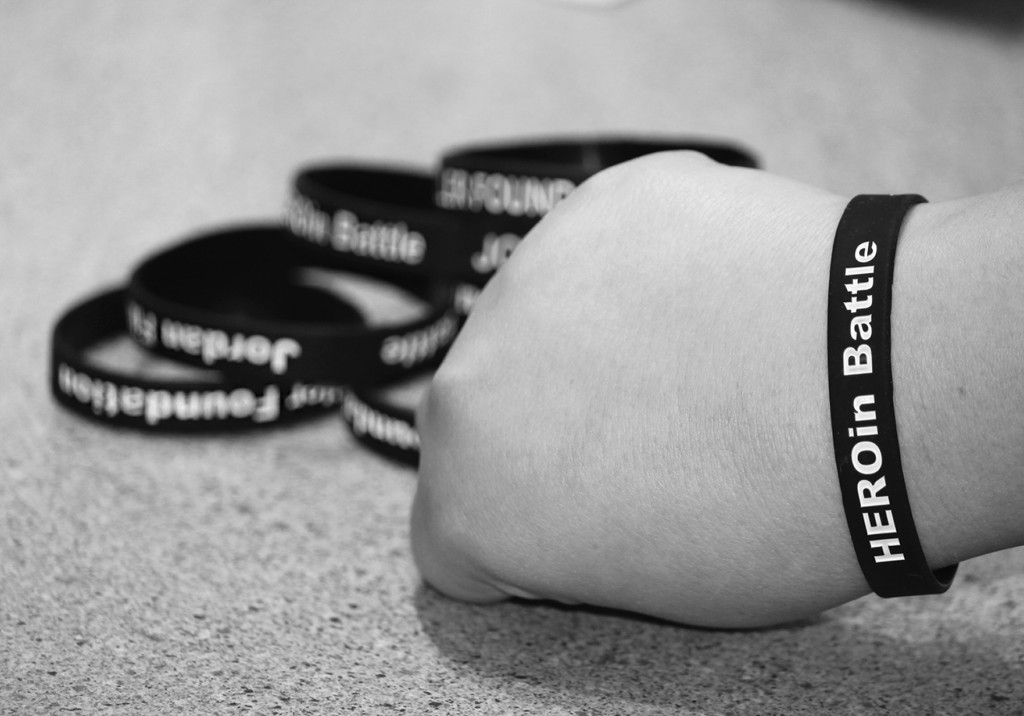
When Highland Park resident Jordan Filler, age 23, died from a heroin overdose on Jan. 12, his entire family was shocked.
According to his aunt, Lisa Aronson, Filler struggled with addiction throughout his teenage years and young adulthood. He had been in extensive rehabilitation, but no one had been aware of his relapse.
Within 36 hours following his death, Filler’s family decided it wanted to create a foundation to honor Filler and prevent other families from experiencing this type of pain, said Aronson, treasurer of the Jordan Michael Filler Foundation.
“We want to make kids aware of how unbelievably addictive and dangerous [heroin] is, and we also want to try to change laws,” said Aronson. “One thing that could be done is [the foundation] can take the drug Narcan, which can reverse the effects of heroin, and put it in every police car in the North Shore.”
According to Dr. Thomas Kramer, former Director of the Student Mental Health Service at the University of Chicago, there are many preventative measures that can be taken.
“What would help would be better education,” said Kramer. “People think that heroin and other abusable drugs are a lot safer than they really are, so I think the primary [objective] is to make sure that people are well informed about what heroin is and is not.”
According to Kramer, the biggest rise in heroin usage is currently found in relatively young people—high school students, college students and people in their early twenties.
“I think people are really scared,” said Aronson. “I think [Filler’s death] is a wake up call. This could literally happen to anybody.”
Though the foundation is not fully developed, its impact has already become apparent beyond Filler’s community in Highland Park.
Aronson said that part of this attention is from the foundation’s acknowledgement in “#feedthedeed” posts on Facebook. This hashtag originates from a non-profit organization called Kindness Counts.
According to the organization’s Facebook page, its aim is to spread awareness of acts of kindness. Online users can participate by nominating someone and tagging him or her in a status, in order for the next person to continue the chain of posts.
“One of [Filler’s sister’s] friends…nominated the Jordan Michael Filler Foundation to help…spread goodwill and awareness,” said Aronson. “That also caught fire, and it went from coast to coast, from country to country, all the way to abroad and back.”
In the “#feedthedeed” posts, people who have been nominated may write a condolence message to the Fillers, as well as bring attention to the dangers of addiction through the foundation. They can then tag others who may repost the status.
“Someone tagged me in [a ‘#feedthedeed’ post] at like 4:00 [p.m.], and I didn’t even think to tag school people because they wouldn’t know who [Filler] was, so I just tagged all my camp friends,” said senior Sloan Oblonsky, who has been camp friends with one of Filler’s sisters since she was young. “By the time it was like 9:30 [p.m.], all of my school friends were posting about [the foundation].”
According to Aronson, within just three days of the foundation’s creation, it had nearly 5,000 likes on its Facebook page. It has currently raised more than $200,000 in donations simply by word of mouth.
“Addiction is so prevalent, so common, that a lot of times, because of the stigma and the taboo, people don’t want to talk about it,” said Aronson. “But really, we need to talk about it.”

